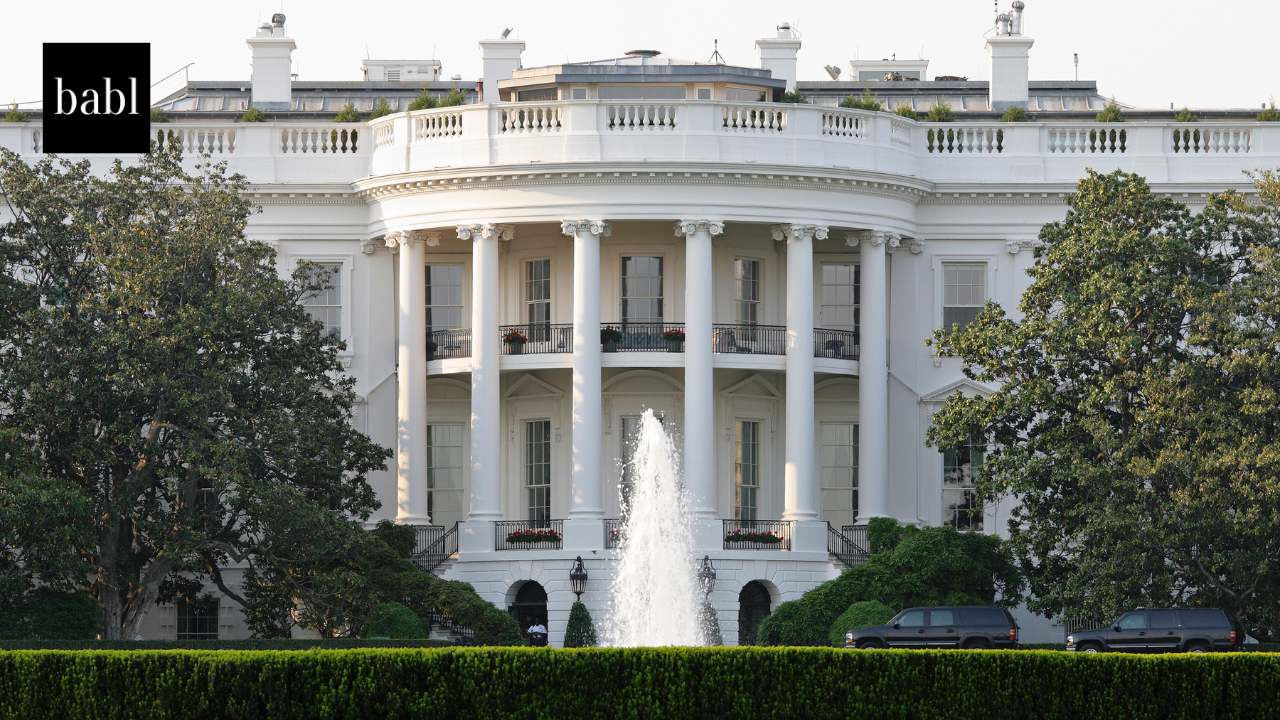Dissecting the White House’s Executive Order on AI
Early on Monday, October 30, the White House released an Executive Order on AI. The order initially focused on monitoring and regulating AI risks while leveraging its potential, but initial details were sparse. Later in the day, President Joe Biden provided more comprehensive information than was initially disclosed.
The executive order outlines guiding principles for AI policy, emphasizing the safety and security of AI systems, the promotion of responsible innovation and competition, support for workers affected by AI implementation, advancement of equity and civil rights during AI proliferation, protection of U.S. residents and their privacy, and the strengthening of U.S. leadership abroad.
Within 30 to 365 days, various U.S. agencies are directed to take specific measures to manage AI risks. Notable directives include the development of AI safety guidelines and standards by the Commerce Department, guidance on AI use in public benefits programs by the Department of Health and Human Services, and the evaluation of AI risks to national security by the Defense Department. Other directives cover AI integration into critical infrastructure guidelines by Homeland Security, AI guidance needs related to transportation by the Department of Transportation, and guidance and resources on AI use in education by the Department of Education. The State Department is tasked with streamlining visas to attract AI talent to the U.S., while the Labor Department is expected to develop AI best practices for employers.
Simultaneously, the executive order urges the Consumer Financial Protection Bureau to use its authorities to compel financial institutions to assess AI models for bias. The Federal Trade Commission is also encouraged to exercise authorities to promote competition and protect consumers from AI-related harms. The order advocates for new research programs and funding for the National Science Foundation, the Department of Energy, and the National Institute of Standards and Technology. It also directs the United States Patent and Trademark Office to address IP policy reviews, patent eligibility, inventorship issues, and other patent-related subjects. Regarding competition, the Federal Trade Commission will explore new opportunities for small businesses while ensuring larger companies do not disadvantage smaller businesses and competitors.
The executive order includes directives to support workers affected by AI adoption and to strengthen civil rights protections concerning AI’s use in criminal justice, government benefits, and housing/lending. The Labor Department will provide guidance on how AI could impact workers, and the director of the National Science Foundation will explore ways to foster a diverse, AI-ready workforce, including educational resources and workforce development.
Furthermore, the executive order requests the Office of Management and Budget to issue guidance on federal AI use, risks, and talent needs. Government agencies are also asked to designate Chief AI Officers who will coordinate their agency’s use of AI, promote AI innovation, manage risks, and report on relevant issues. Overseeing all these efforts will be the White House AI Council, comprising key officials from various federal agencies. This council will ensure effective and ethical formulation, development, communication, engagement, and implementation of AI-related policies.
If you have any inquiries or need assistance preparing for the executive order’s potential impact or any other AI laws globally, reach out to BABL AI. Their Audit Experts are ready to provide valuable assistance.





